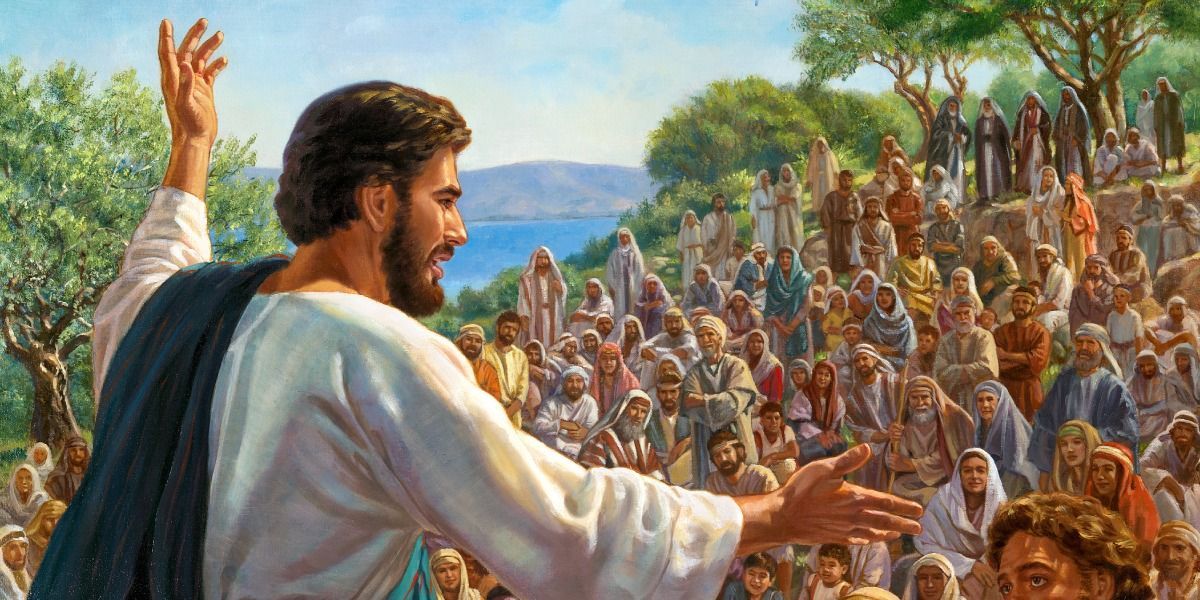
If the question shocks you, it’s a sign that you believe in God. If it only troubles you, it is also a good sign, for even those who claim not to believe in God keep a disturbing doubt within them: what if it existed?
The issue is as old as humanity and as current as the power of cybernetics. To the question “is God?”, they have tried to answer famous thinkers from all cultures, from the most remote antiquity. Both in the East and in the West, and so in the indigenous cultures of America and other continents, God has always been the subject of essential questions, such as the meaning of human existence and its ultimate destiny, the why of a necessary social order, the value of good and the mystery of pain.
The questions about God–Does it exist or do not exist?, what does He have to do with humanity, what do I have to do with Him?—are the most human, for our very identity and the value of our behavior change radically as we believe or not in an Absolute Being, without beginning or end, a Doer of all that exists.
Reflections on God—his existence, his nature, his attributes—have not been made only by pagan philosophers. Great theologians such as St Thomas Aquinas, St Albert the Great, Saint Bonaventure, have also become en engaged in the subject of God’s existence and have sought ways to help others find a positive answer.
Of course, what we call “God” is not a laboratory object, nor is it the result of a rational journey. It has been said justly: “If you intend to prove the existence of God with pure reasoning, what you demonstrate is not God.” This is intended to say that, although reason leads us to philosophically admit the need for God to exist, we must also take into account the way of experience: “I cannot prove to you the existence of God on the basis of rational approaches, but life itself and my deepest feeling tell me that He exists and surrounds me and is with me and in me; I experience his love and I need him and I tend to Him, and I know that in Him I will attain ultimate and perennial peace and happiness.”
“That idiot will be me…”
A professor of philosophy at an Italian university, in his first lesson, told his students, “If at the end of my lessons there is one who believes in God, I tell him from now on that he will be held as an idiot.” All the students were silent, but one stood up and said valiantly, “And I say to you from now on, Mr. Professor, that this idiot will be me.”
Just as it is true that faith grows by proclaiming it, it is also true that practical atheism always hardens and spreads more, when all the doors are closed to what can motivate the natural inclination to transcendence, that “seed of religiosity” with which we are all born. The motivations that can grow this seed are of various kinds, not exclusively doctrinal in nature:
beauty speaks of God, to admit it;
genuine love expresses God, loves;
nature is a reflection of God, contemplate it;
God is in justice and mercy, practice them;
God becomes present in fraternity, serves thy neighbor;
God reveals Himself in humility and in smallness, be simple;
God is perceived with clean eyes, he commands your life.
“Blessed are the clean in heart because they will see God,” the Master Jesus Christ said. With these words he made a decisive revelation: God can only be approached with a humble and clean heart.
Rectify your behavior
The more a life gets morally dirty, the more the person becomes unable to perceive God’s presence, and the more a person excludes God in his life, the more he is exposed to all kinds of moral filth and disorder.
So order your life and you will see God; rectify your behavior and you’ll feel close. And even if you don’t perceive it, keep looking for it, for those who seek it assiduously are ready to find it.
Whoever bets on God always wins
I give you to continue your reflection, these considerations of Jean Cusset:
“It is difficult to believe in God, but it is harder not to believe in Him. Faith has more answers than skepticism. Those answers may not be true, but even if they are false, they are better than silence. The believer always has a handle, the disbeliever, he only has nothing.
“I doubt because I am a man of faith. I cannot say with certainty: ‘God exists’, but for the same reason I cannot say with certainty: ‘God does not exist’, in any case the possibility of being offers more hope than the possibility of not being. Let us bet, like Pascal, for God’s sake. If we lose, we won’t have lost anything but nothing. If we win, we’ll win everything.” Ω





Be the first to comment